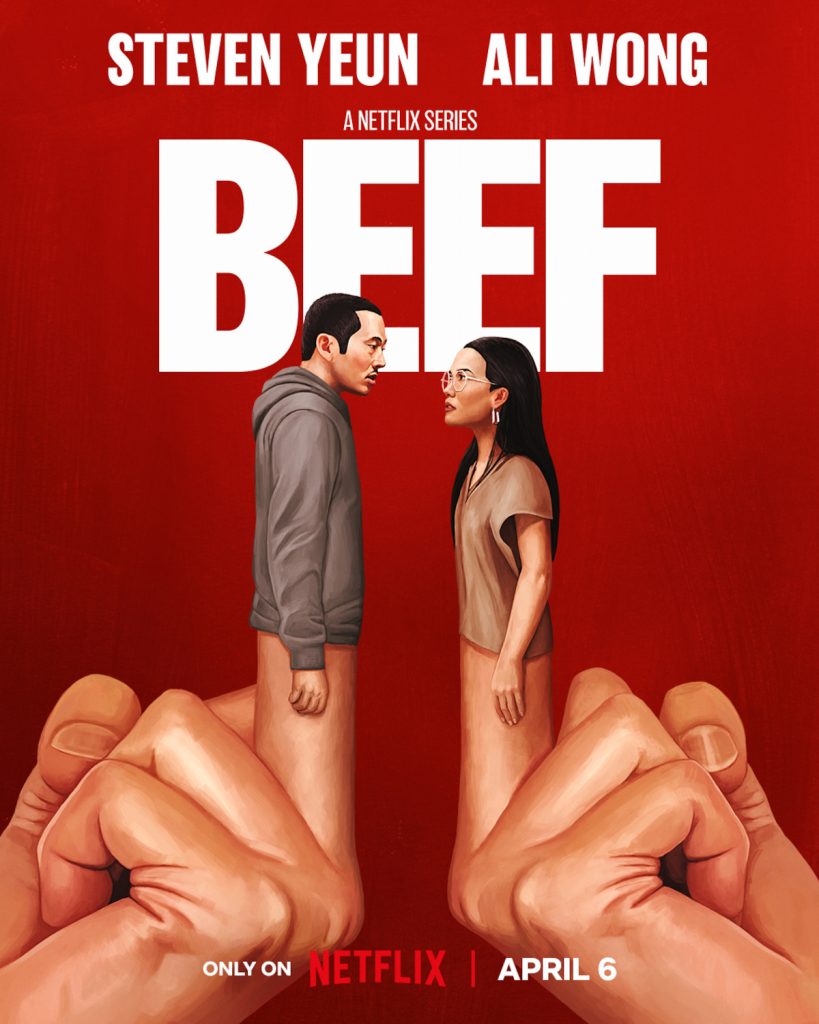Dark comedy, characterized by its blend of humor with serious or taboo subject matter, has a long and storied history in the world of entertainment. Over the years, this genre has evolved from a niche form of storytelling to a mainstream phenomenon, captivating audiences with its unique blend of wit, satire, and social commentary. In this article, we’ll delve into the evolution of dark comedy in television, exploring its origins, key milestones, and the ways in which it continues to push boundaries and challenge conventions in the modern era.
The roots of dark comedy can be traced back to ancient times, where playwrights like Aristophanes used humor to tackle serious subjects such as politics, war, and societal norms. However, it wasn’t until the emergence of modern literature and theater in the 20th century that dark comedy truly began to take shape as a distinct genre.
In the early 20th century, writers like Franz Kafka and Samuel Beckett explored themes of existential dread and absurdity, laying the groundwork for the darkly humorous tone that would come to define the genre. Meanwhile, filmmakers like Charlie Chaplin and Buster Keaton used slapstick comedy to satirize social issues and human folly, setting the stage for the more sophisticated brand of humor that would emerge in the decades to come.
While dark comedy had been a staple of literature, theater, and film for decades, it wasn’t until the advent of television that the genre truly began to flourish. In the 1950s and 60s, shows like “The Twilight Zone” and “The Addams Family” introduced audiences to a new brand of humor that blended the macabre with the absurd, paving the way for darker, more subversive content in the years that followed.
One of the earliest examples of dark comedy on television was “The Munsters,” which aired from 1964 to 1966. This sitcom followed the lives of a family of monsters living in suburban America, using humor to explore themes of otherness, acceptance, and the absurdity of everyday life. Similarly, “The Addams Family,” which premiered in 1964, offered a satirical take on the traditional family sitcom, celebrating the macabre and the grotesque in a way that was both comedic and thought-provoking.
The 1970s and 80s saw the rise of more overtly dark and subversive comedies, with shows like “All in the Family,” “MAS*H,” and “Taxi” pushing the boundaries of what was considered acceptable on primetime television. These shows tackled taboo subjects such as racism, war, and mental illness with humor and sensitivity, paving the way for a new generation of dark comedies in the decades to come.
The 1990s and early 2000s are often referred to as the golden age of dark comedy on television, with a slew of groundbreaking shows pushing the boundaries of the genre and redefining what was possible on the small screen. Shows like “Seinfeld,” “The Larry Sanders Show,” and “South Park” offered a mix of satire, surrealism, and social commentary that resonated with audiences and critics alike.
Perhaps one of the most influential dark comedies of this era was “The Sopranos,” which premiered in 1999 and revolutionized the television landscape with its complex characters, moral ambiguity, and black humor. The show, which followed the life of mob boss Tony Soprano as he navigated the challenges of both his criminal empire and his dysfunctional family, helped usher in a new era of prestige television and paved the way for other dark and morally complex dramas like “Breaking Bad” and “Mad Men.”
Meanwhile, shows like “Arrested Development” and “Curb Your Enthusiasm” pushed the boundaries of traditional sitcom conventions, offering a mix of irreverent humor, biting satire, and meta-textual storytelling that appealed to audiences hungry for something different. These shows, along with others like “It’s Always Sunny in Philadelphia” and “The Office,” helped solidify dark comedy as a staple of the television landscape and paved the way for the genre’s continued success in the years that followed.
In recent years, dark comedy has continued to thrive on television, with a new generation of creators pushing the boundaries of the genre in exciting and innovative ways. Shows like “Fleabag,” “BoJack Horseman,” and “Russian Doll” have garnered critical acclaim for their sharp writing, complex characters, and willingness to tackle taboo subjects with humor and humanity.
At the same time, streaming platforms like Netflix, Hulu, and Amazon Prime have provided a platform for darker, more experimental content that might not have found a home on traditional broadcast networks. This has allowed creators to take risks and explore new storytelling avenues, resulting in a diverse array of dark comedies that cater to a wide range of tastes and sensibilities.
From its humble beginnings in ancient literature to its current status as a dominant force in the television landscape, dark comedy has come a long way over the centuries. As audiences continue to hunger for content that challenges, provokes, and entertains, it’s clear that the genre will continue to evolve and adapt to reflect the ever-changing world around us. Whether it’s through satire, surrealism, or straight-up slapstick, dark comedy has proven time and time again to be a powerful and enduring form of storytelling that shows no signs of slowing down. So the next time you find yourself in need of a good laugh—or a good cry—consider tuning in to one of the many dark comedies that grace our screens, and prepare to be both entertained and enlightened by the unique blend of humor and humanity that defines this beloved genre.
